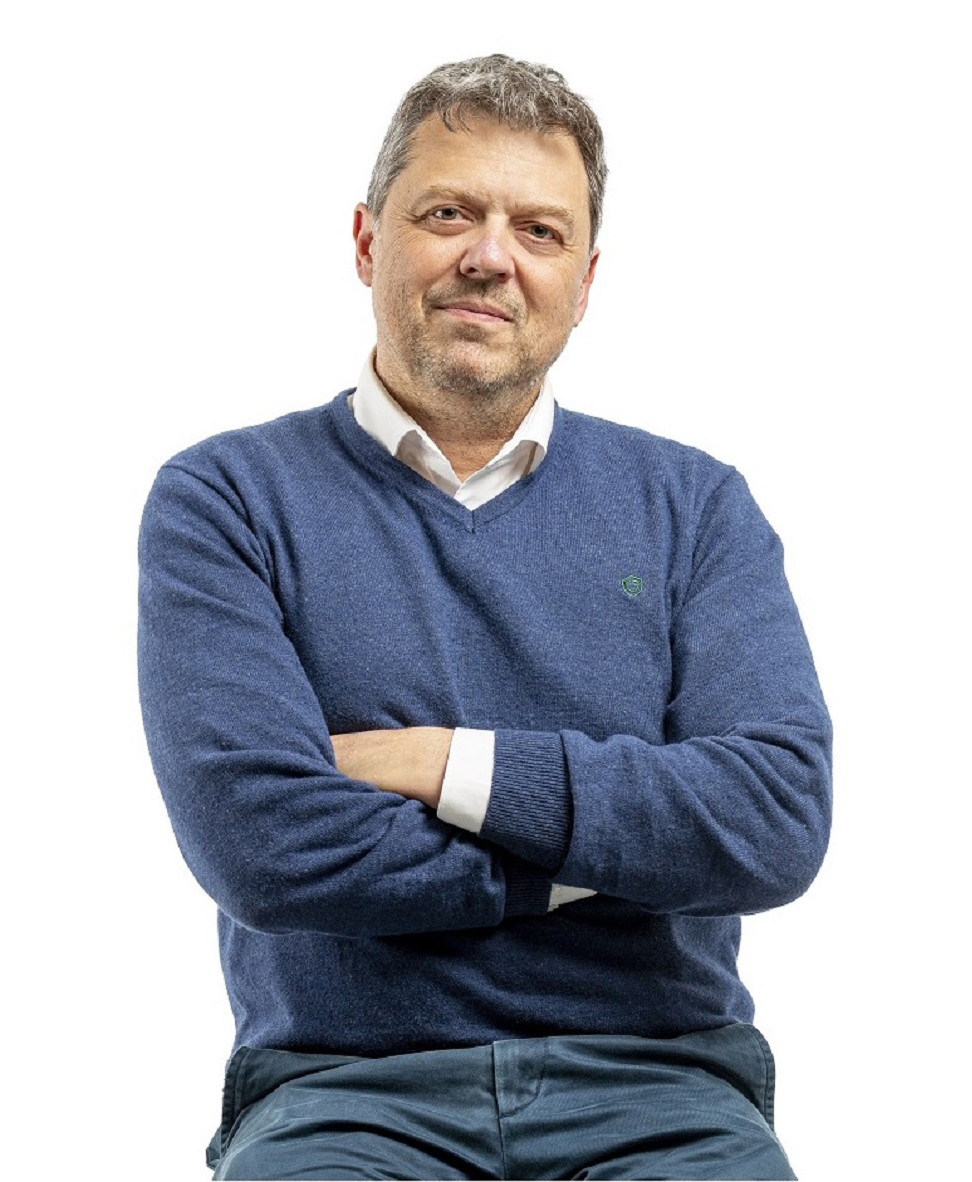Researcher João Mano is awarded ERC Advanced Grant

The European ResearchCouncil (ERC) announced yesterday, March 31, the results of the Advanced Grant awards. Among the 185 Studentships approved by the ERC for this category, one of the winners was the Portuguese scientist João Mano, from the University of Aveiro, with a Studentship of 2.5 million euros to work on bone tissue regeneration.
João Mano, full professor in the Department of Chemistry and researcher at CICECO - Institute of Materials of Aveiro, will with this Studentship execute, in the next 5 years, the project "REBORN: Full human-based multi-scale constructs with jammed regenerative pockets for bone engineering". The researcher's goal is to develop work in the area of human tissue bioengineering and advanced biomaterials, namely in the creation of strategies for bone tissue regeneration, very relevant in cases of massive loss or extensive bone fractures.
João Mano was the only Portuguese researcher, or working in Portugal, to receive this type of Studentship in this edition of Call, and this is the second time he is distinguished with an ERC Advanced Grant. The first time was in 2015 with the project "ATLAS - Bioengineered autonomous cell-biomaterials devices for generating humanised microtissues for regenerative medicine".
On Call, the ERC received 1881 applications, of which 185 were selected. These projects mean a total investment of 450 million for scientific research in Europe.
The European Research Council (ERC) was established by the European Union in 2007 and is the leading European funding organization for excellent research. Each year, it selects and funds the best researchers, of any nationality and age, to carry out projects based in Europe. It offers four main programs from Studentships: Starting, Consolidator, Advanced and Synergy Grants. To date, the ERC has funded more than 9,000 top researchers at various stages of their careers, and more than 50,000 postdocs, PhD students and other members working in its research teams.
Photo credits: Universidade de Aveiro
Source: news from Aveiro University